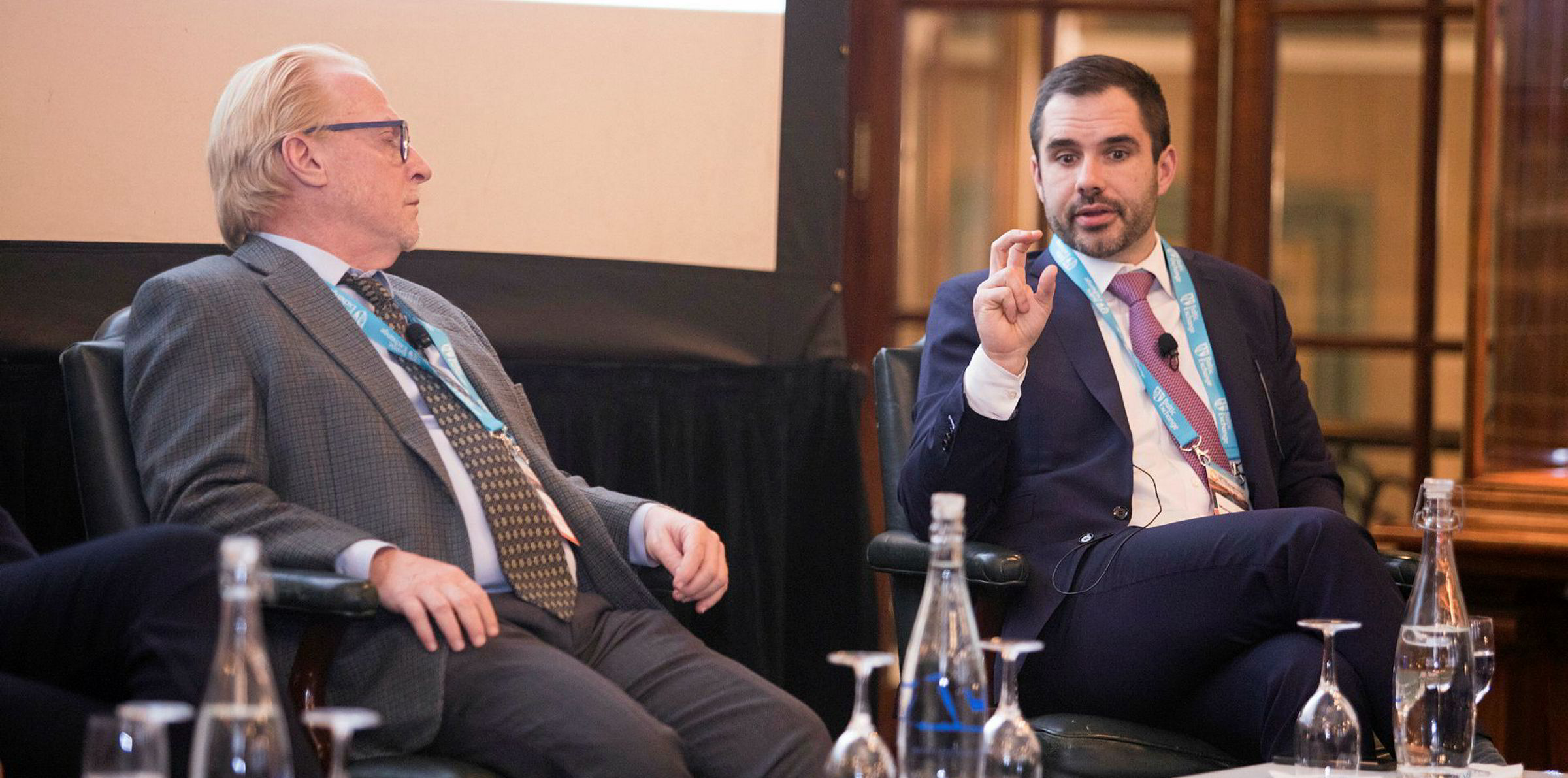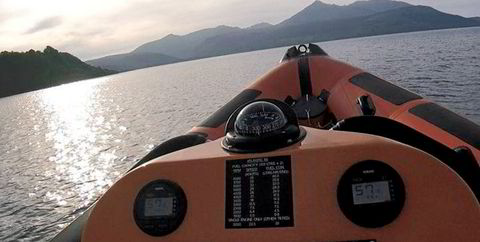Ridgebury Tankers' Robert Burke hit out at the Poseidon Principles and the push for newer tonnage, arguing the full environmental impact of a ship is not being accounted for.
"Has anyone seen a definitive study on the environmental lifecycle of a ship? I've looked for it, I can't find it," Burke told attendees at Tuesday's Capital Link Shipping & Marine Services Forum in London.
"It must be out there somewhere, because we've decided 20 years is the life of a ship, or at least the life of a tanker."
Burke, chief executive of the Connecticut-based tanker owner, said he took bankers on an 18-year-old VLCC recently and they were amazed it would be scrapped in two years.
The energy expended to break that ship, and the energy needed to build a replacement, he said, are considerable — and not being taken into account.
“Financing might be difficult. Maybe the price changes. But there’s an equity play here. There's a place in the market," Burke said.
The Poseidon Principles were launched in June by 11 banks that together hold a fifth of the global ship finance portfolio in an effort to push the industry to go green.
The group will incentivise the building of newer ships or the purchase of existing low-emissions ones, while squeezing shipowners who opt for older, less efficient tonnage.
But Burke said airplanes routinely stay in service 25 years or more and railcars are not retired until they are 40.
Both air and rail are less environmentally-friendly than shipping.
Further, Burke argued artificial caps on the life of a ship will lead to poor maintenance of the existing fleet.
"Limiting it to 20 years seems arbitrary," he said.
"It's more than just carbon emissions from the stack, it's carbon emissions from the entire lifecycle."






